China's special envoy for climate change Liu Zhenmin said the country's innovations and vast manufacturing capacity have helped the world accelerate the adoption of green energy.
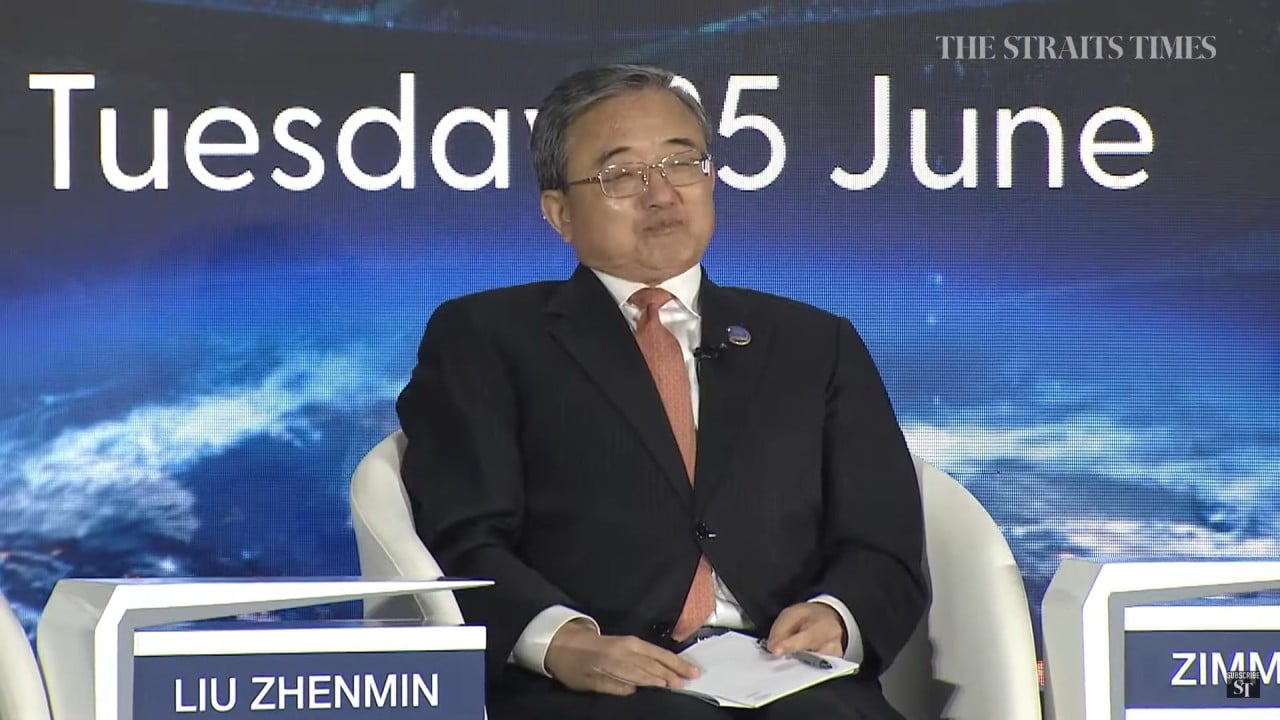 |
| China's Special Envoy for Climate Change Liu Zhenmin speaks at the 15th Annual Pioneers Meeting of the World Economic Forum in Dalian, Liaoning, China (WEF Dalian 2024) on June 25. (Source: The Straits Times) |
On June 25, at the 15th Annual Pioneers Meeting of the World Economic Forum held in Dalian, China (WEF Dalian 2024), Mr. Liu Zhenmin affirmed that the climate negotiations at the United Nations COP29 Conference in Azerbaijan this November must have a new global agreement on climate finance, otherwise there is a risk of hindering the green transition.
China's innovations and vast manufacturing capacity have helped the world accelerate its adoption of green energy, the official stressed.
China, the world's largest greenhouse gas polluter and the world's largest producer and investor in renewable energy, sees green energy as key to achieving net zero emissions by 2050.
Rapid growth in the world's second-largest economy, fueled by state subsidies, has helped cut the cost of green energy globally and further investment will bring costs down further, Liu said.
Affirming that China is willing to cooperate and help many developing countries, the Special Envoy stressed that globally, Beijing must maintain this process for both innovation and production. "For the world to achieve carbon neutrality, we need to invest more to reduce the cost of clean technology," he said.
The discussions at the June 25 conference in Dalian took place against a backdrop of geopolitical and trade tensions, as well as increasingly severe impacts from climate change, with 2023 set to be the hottest year on record.
More than ever, countries need to work together on innovation to limit global warming to 1.5 degrees Celsius above pre-industrial levels – a key climate protection path under the 2015 Paris Agreement.
Climate finance has been one of the most divisive issues in three decades of UN climate negotiations. Poor countries, which are most vulnerable to climate change but least responsible for the emissions it causes, argue that rich countries should provide funds to help them adapt to the impacts and green their economies away from fossil fuels.
Yet the impacts of climate change continue to mount, and many poor countries are caught in the crossfire. They miss out on much of the global green investment due to a lack of finance or policy support, while rich countries often refuse to commit to the costs and prefer to spread the financial burden to other countries.
Source: https://baoquocte.vn/trung-quoc-coi-nang-luong-xanh-la-chia-khoa-de-dat-phat-thai-rong-bang-0-vao-nam-2050-276394.html


![[Photo] General Secretary To Lam receives US Ambassador to Vietnam Marc E. Knapper](https://vstatic.vietnam.vn/vietnam/resource/IMAGE/2025/3/31/5ee45ded5fd548a685618a0b67c42970)
![[Photo] Speeding up construction of Ring Road 3 and Bien Hoa-Vung Tau Expressway](https://vstatic.vietnam.vn/vietnam/resource/IMAGE/2025/3/31/f1431fbe7d604caba041f84a718ccef7)


![[Photo] Prime Minister Pham Minh Chinh receives delegation of leaders of US universities](https://vstatic.vietnam.vn/vietnam/resource/IMAGE/2025/3/31/8be7f6be90624512b385fd1690124eaa)
![[Photo] 2nd Conference of the Party Executive Committee of Central Party Agencies](https://vstatic.vietnam.vn/vietnam/resource/IMAGE/2025/3/31/8f85b88962b34701ac511682b09b1e0d)
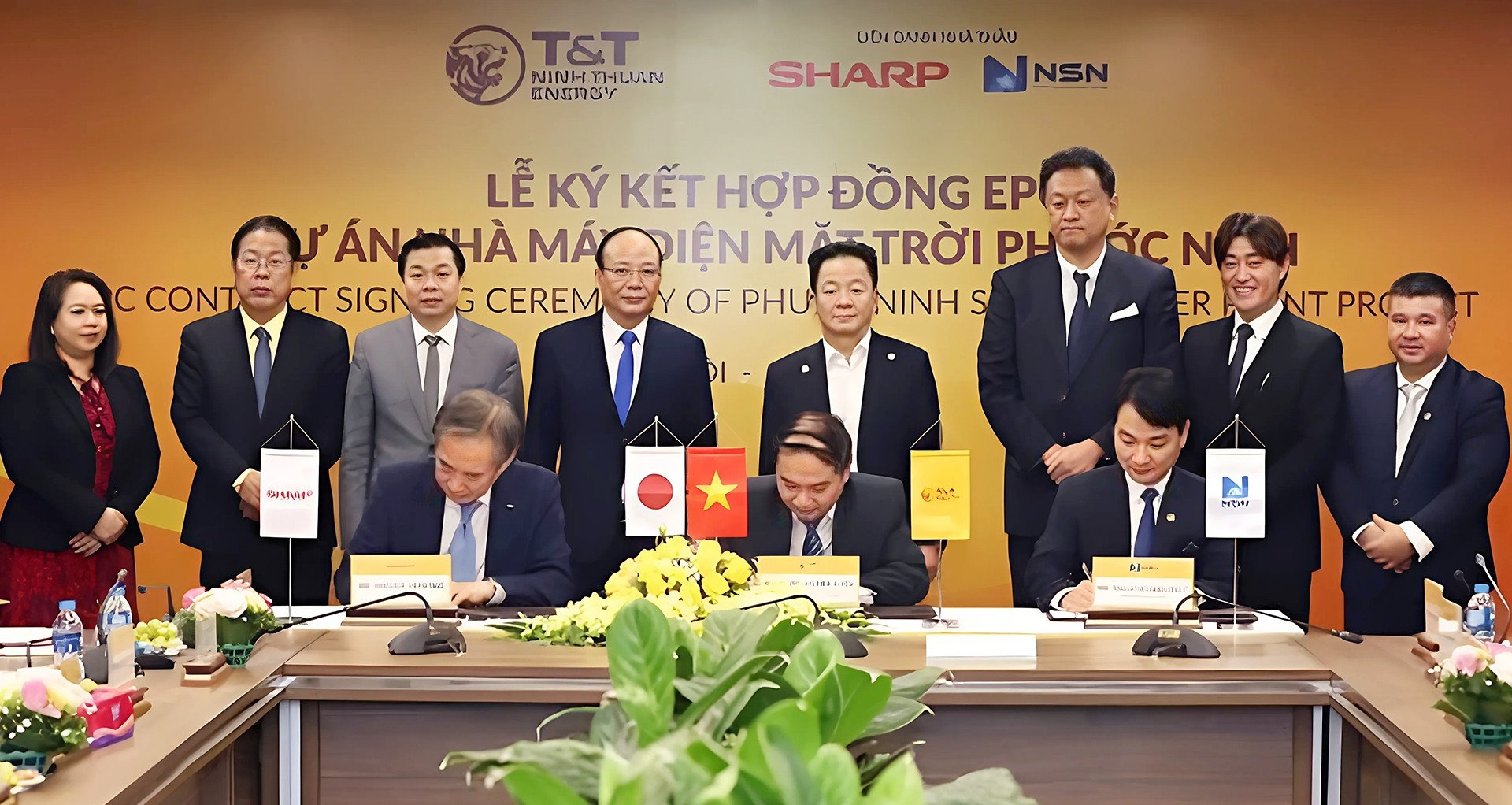


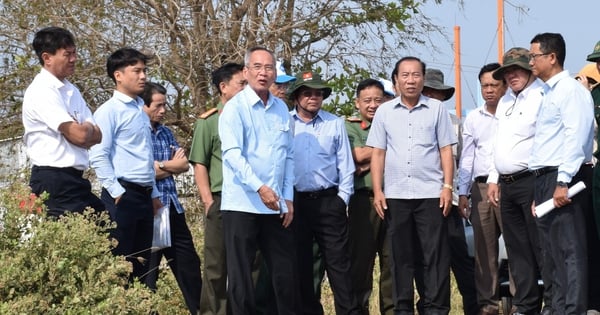

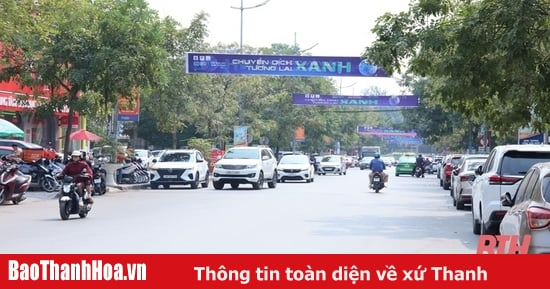

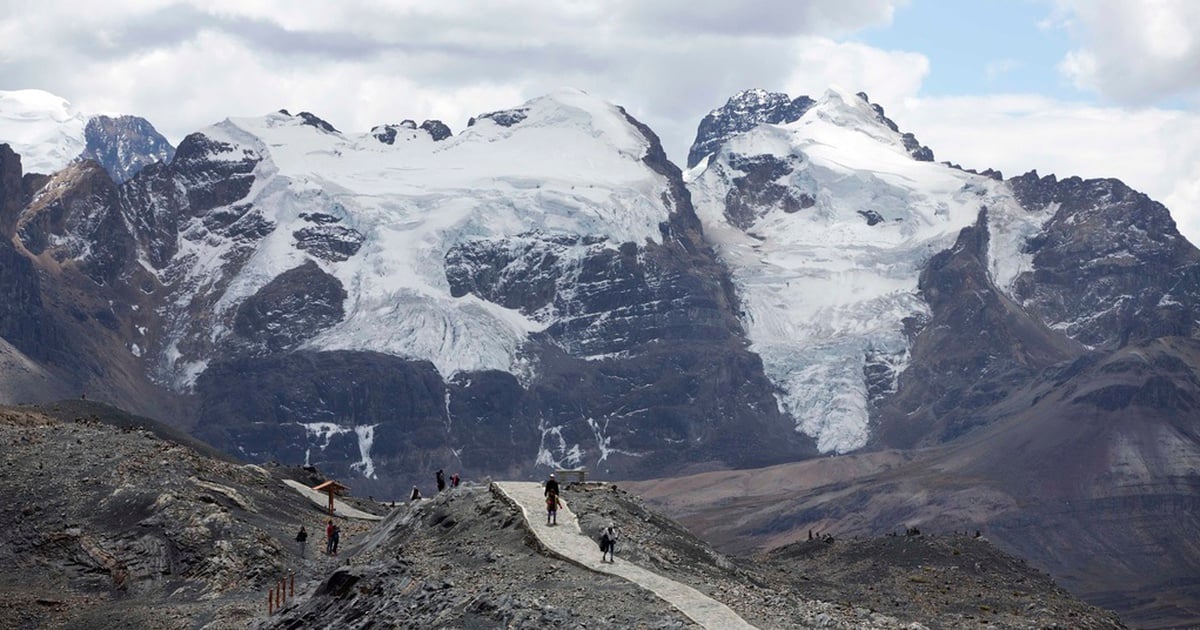


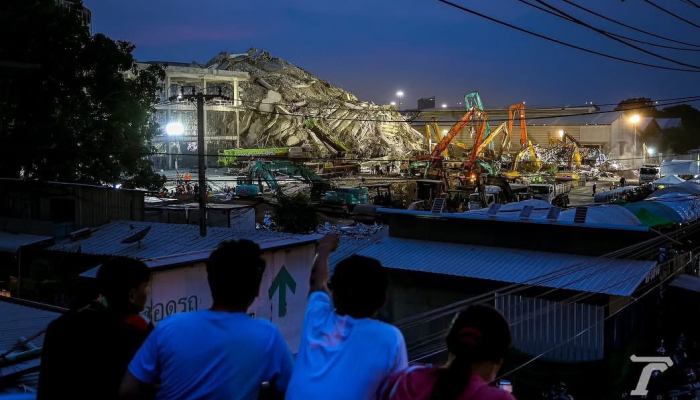
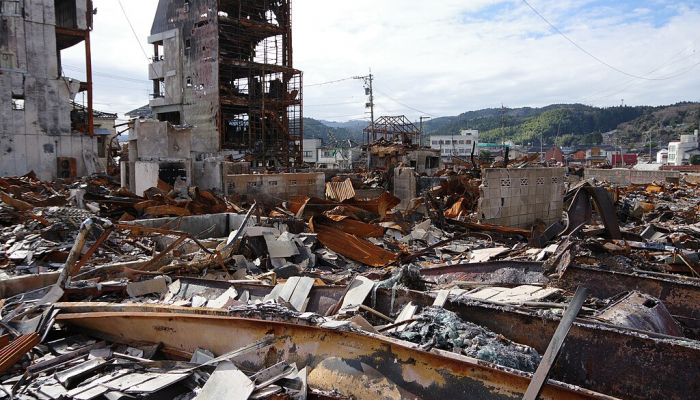
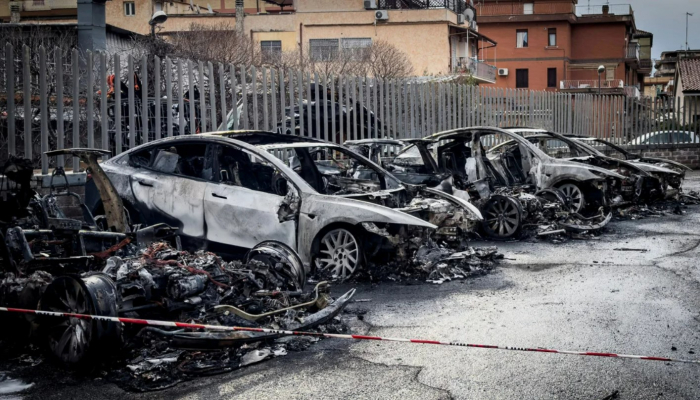

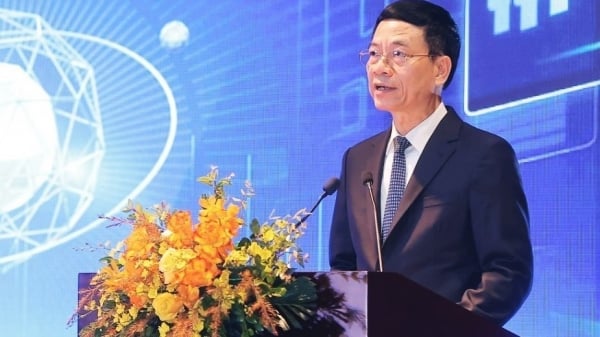
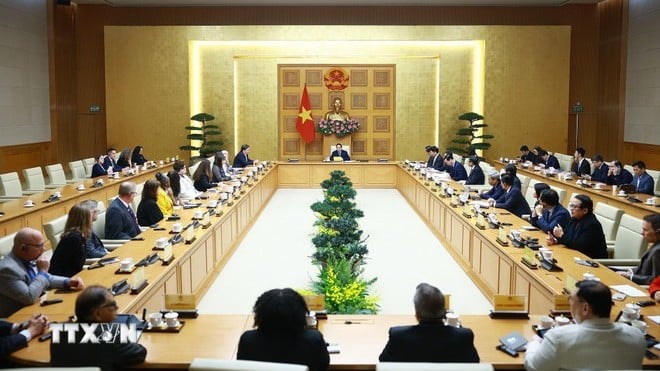



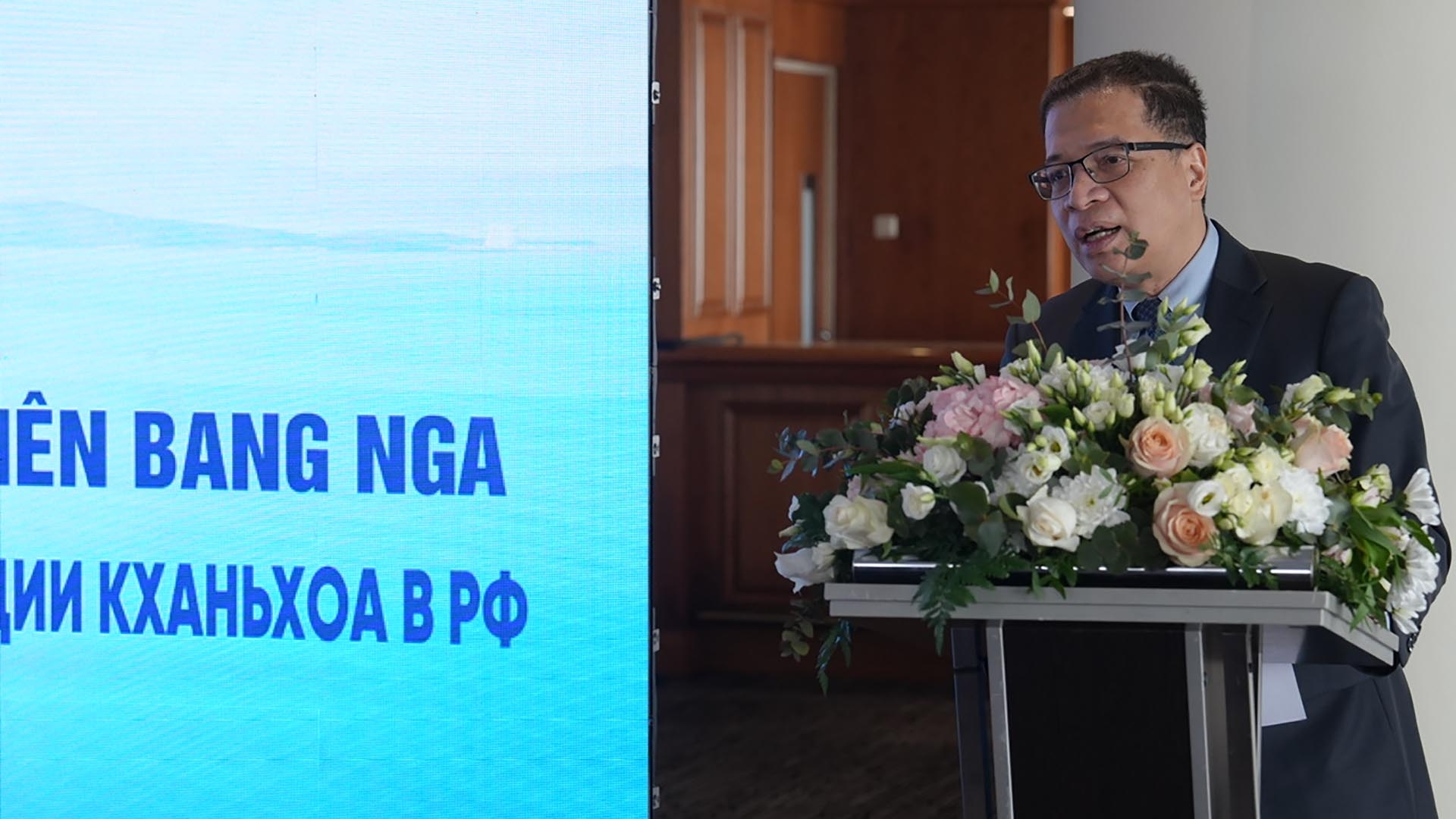
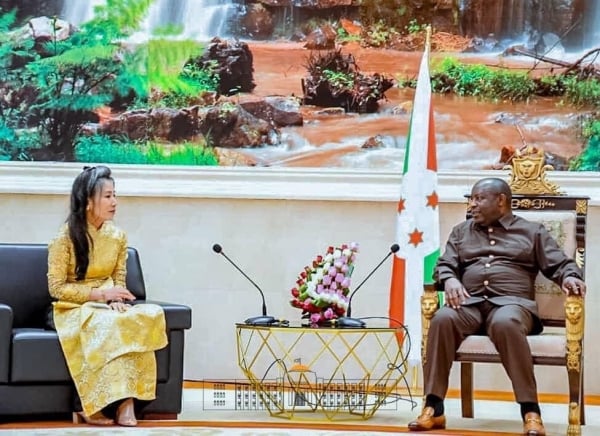


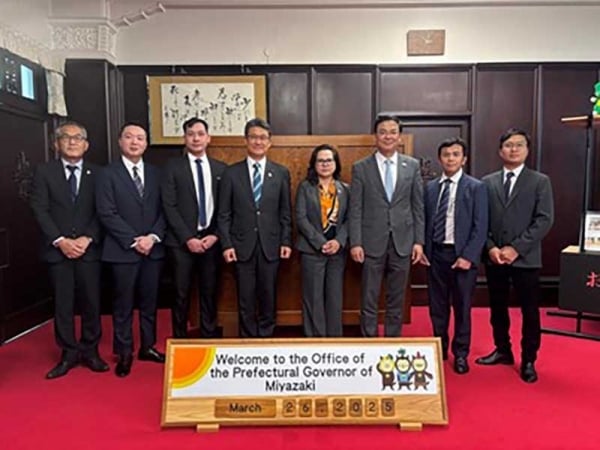

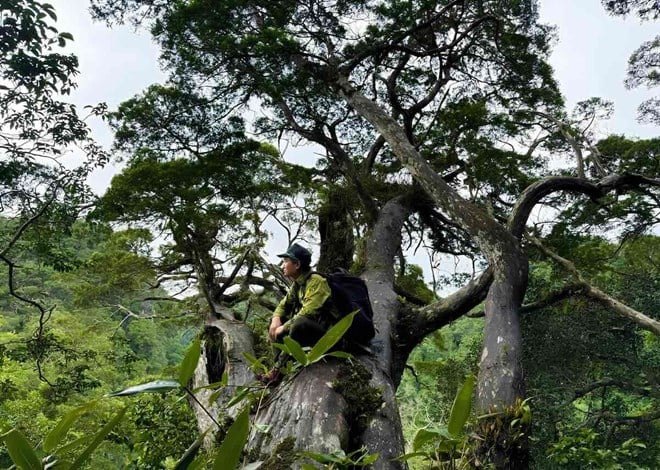


















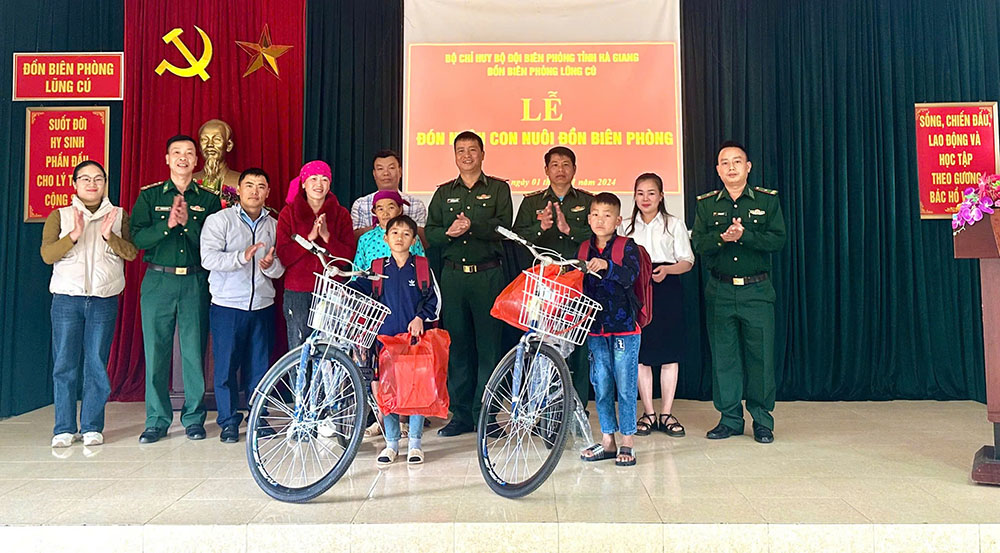
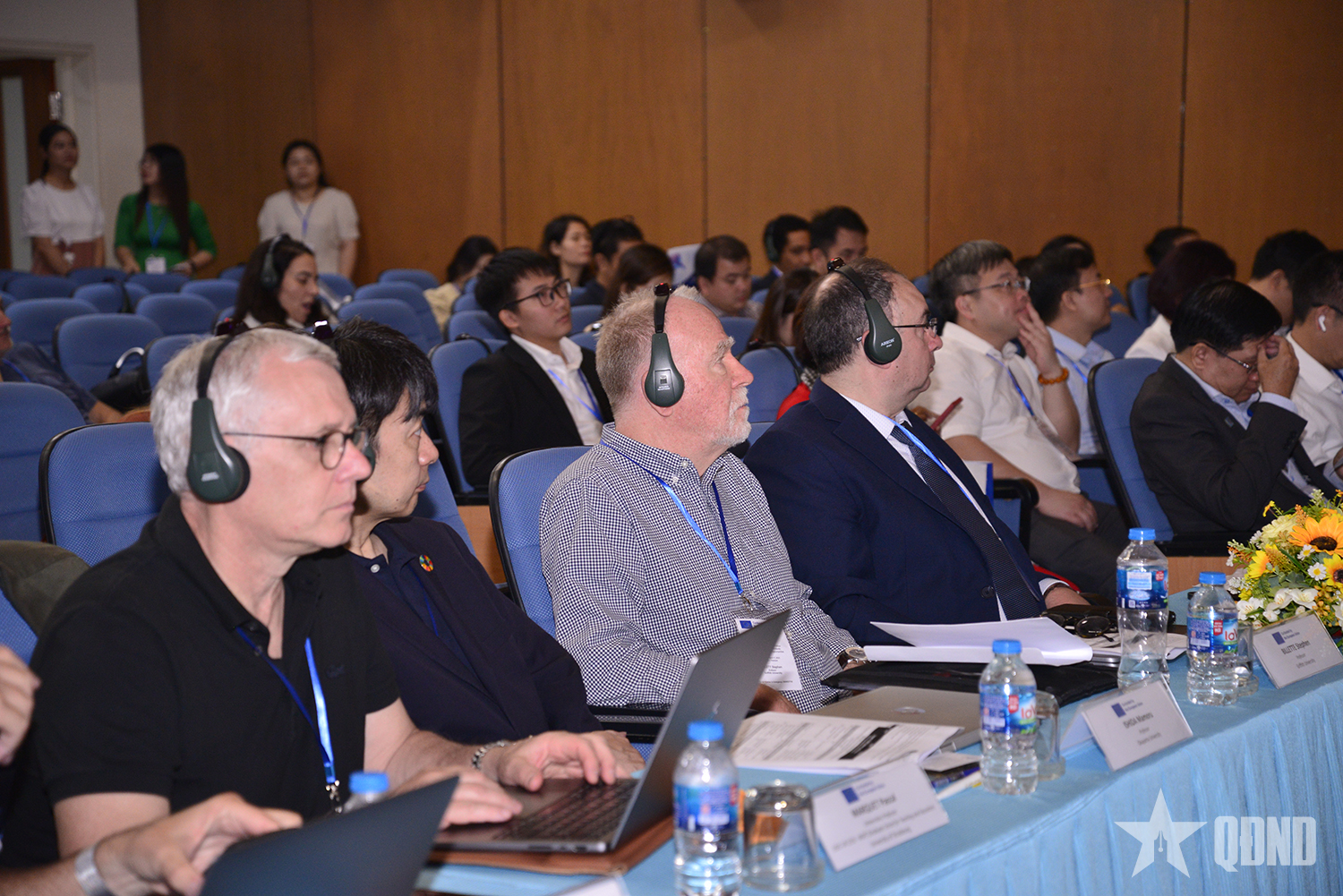









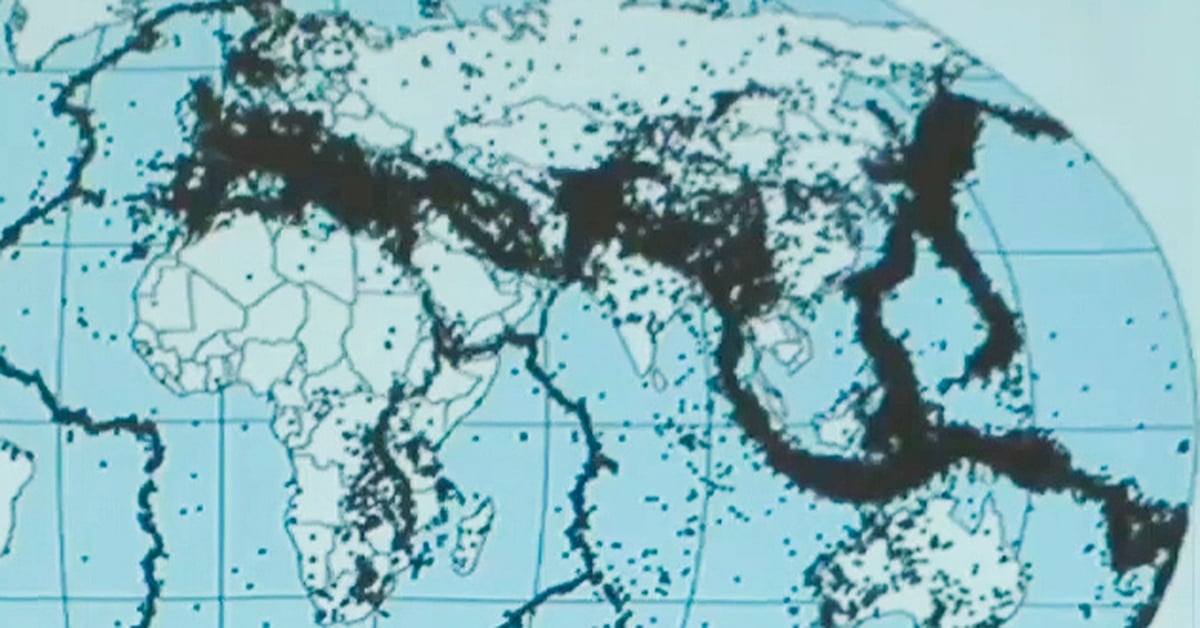

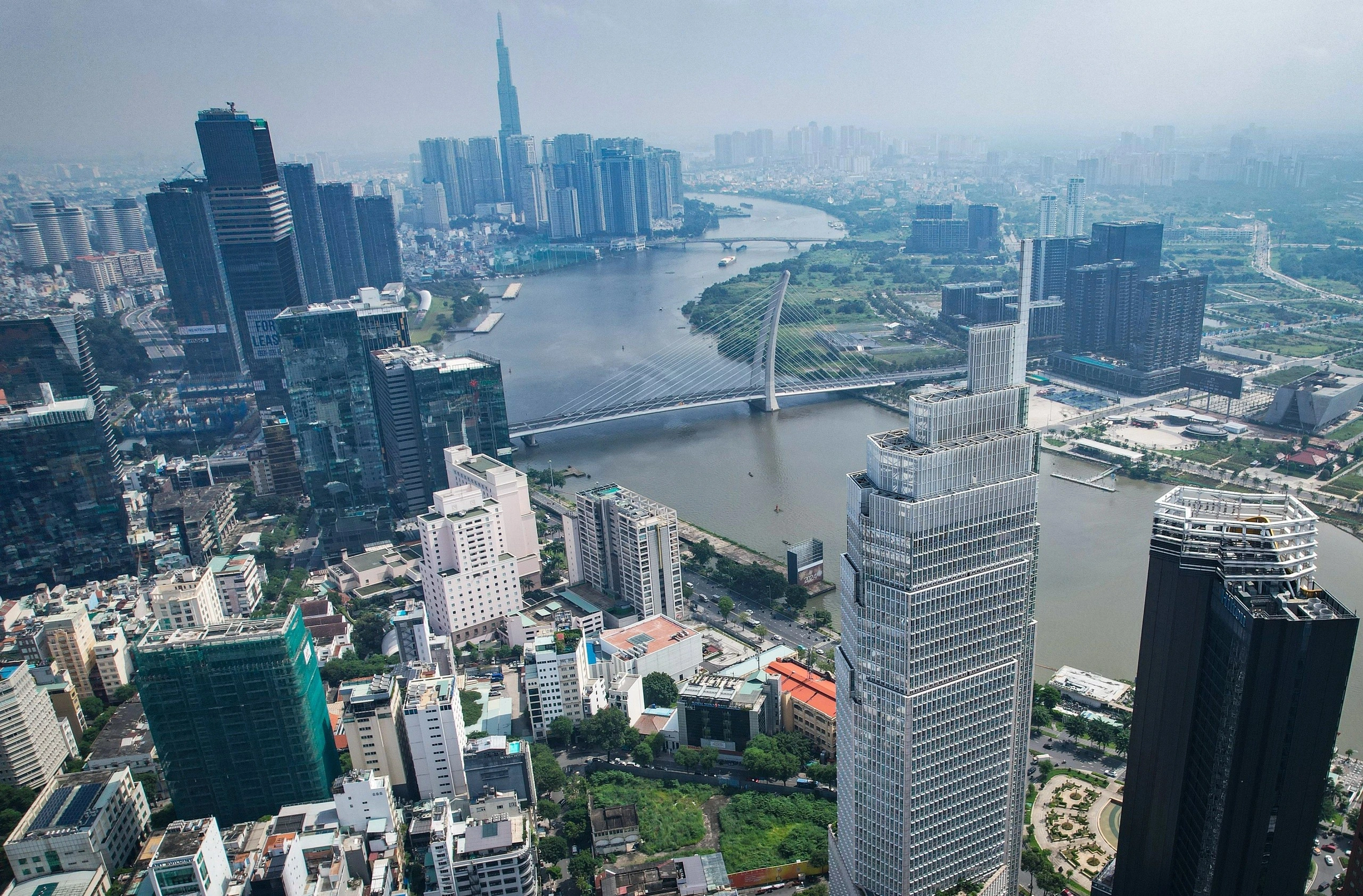

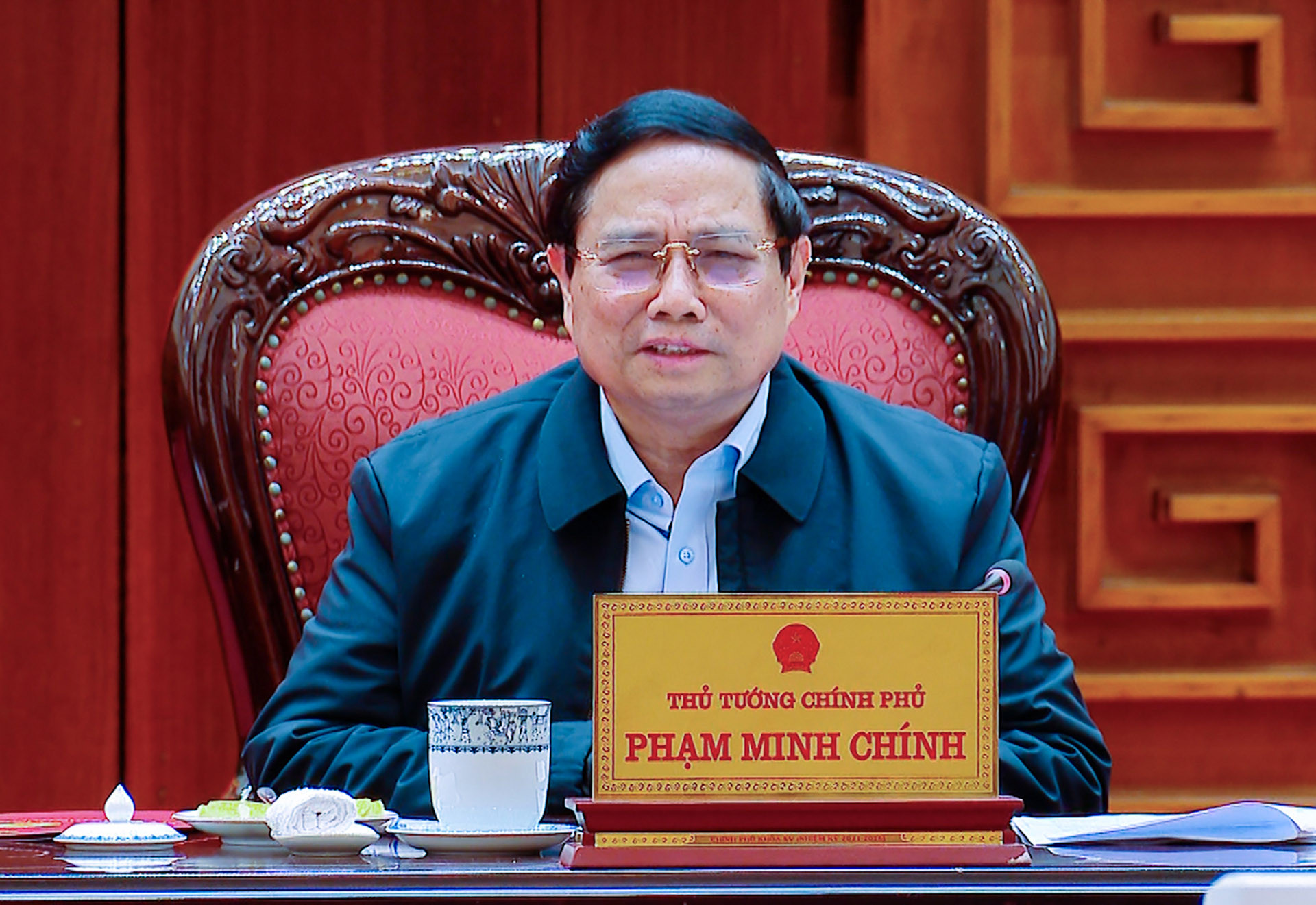
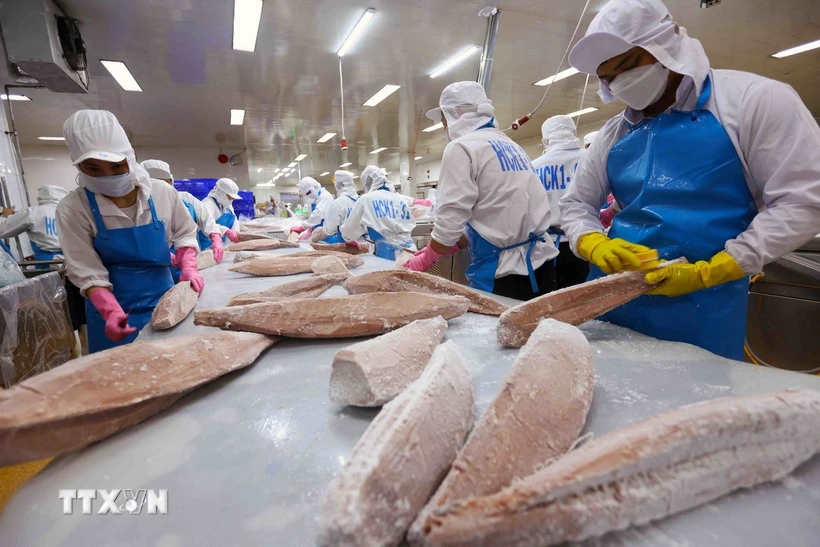


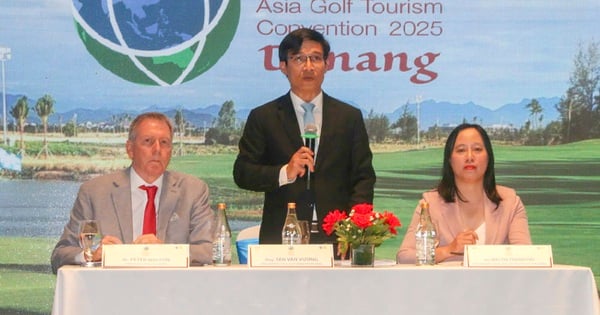

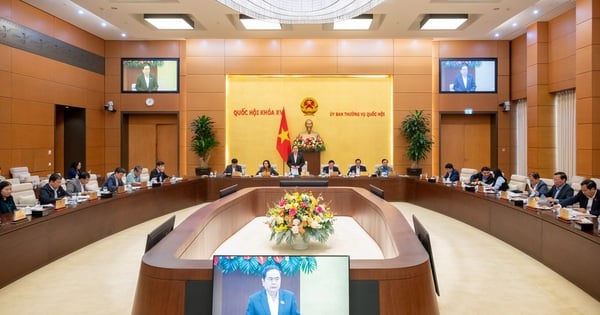
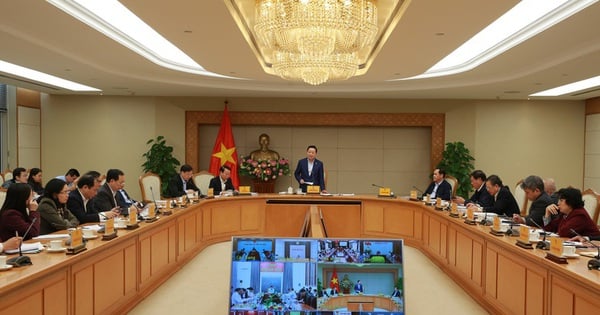
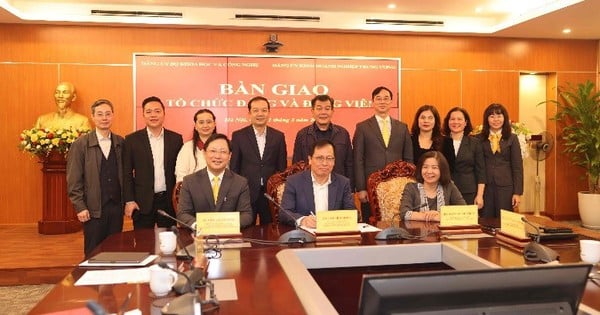


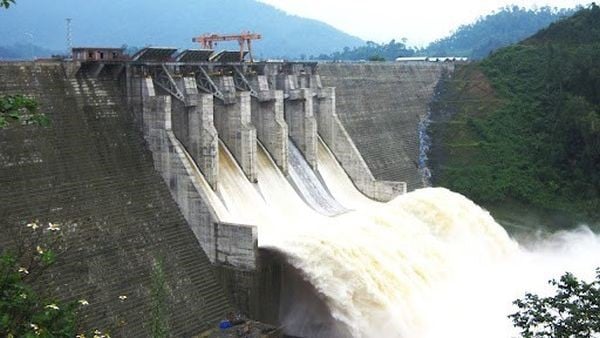



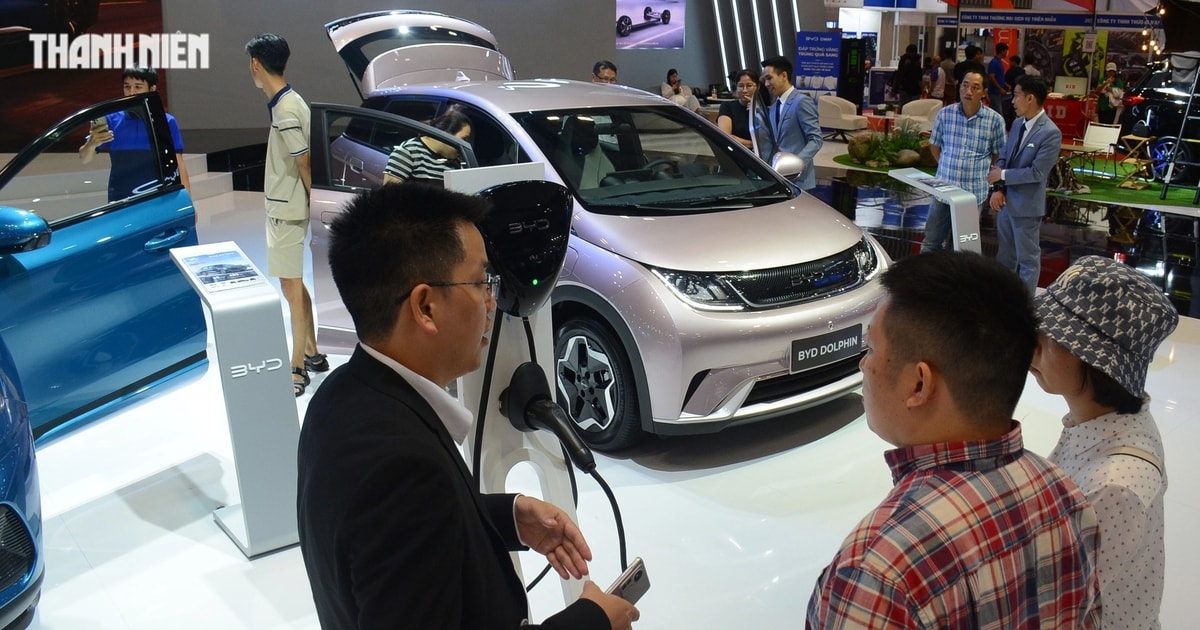

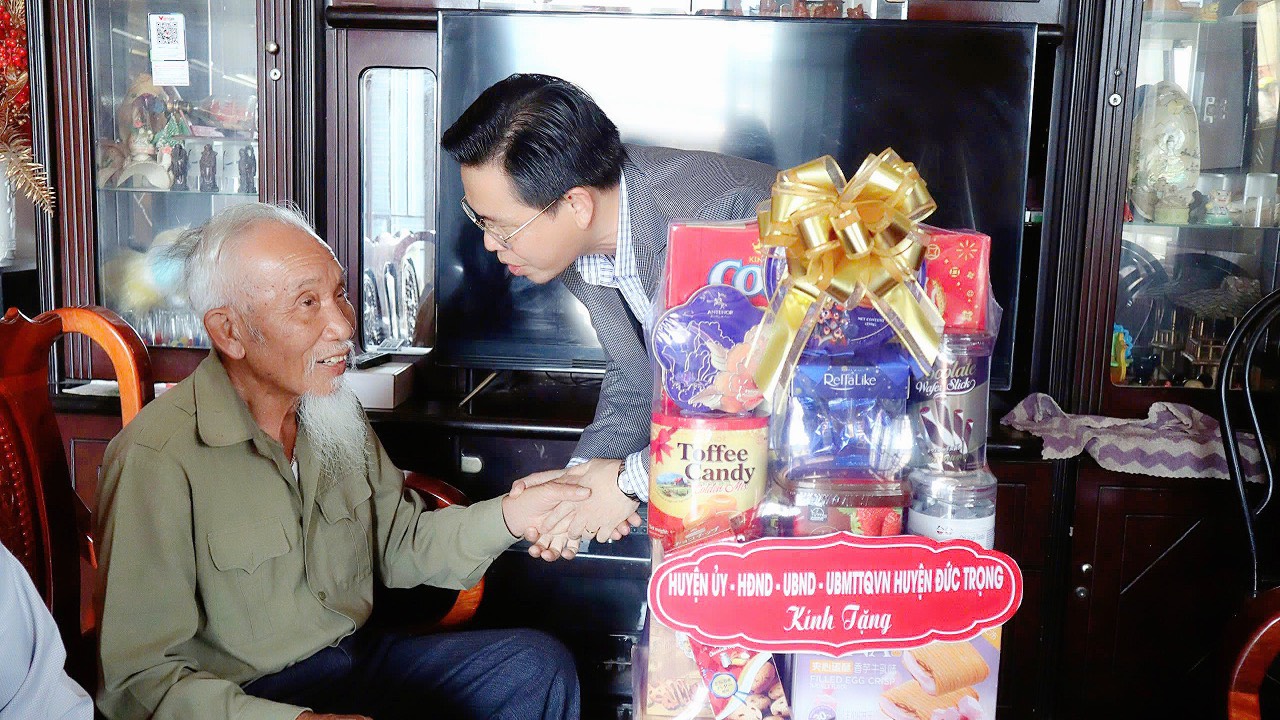
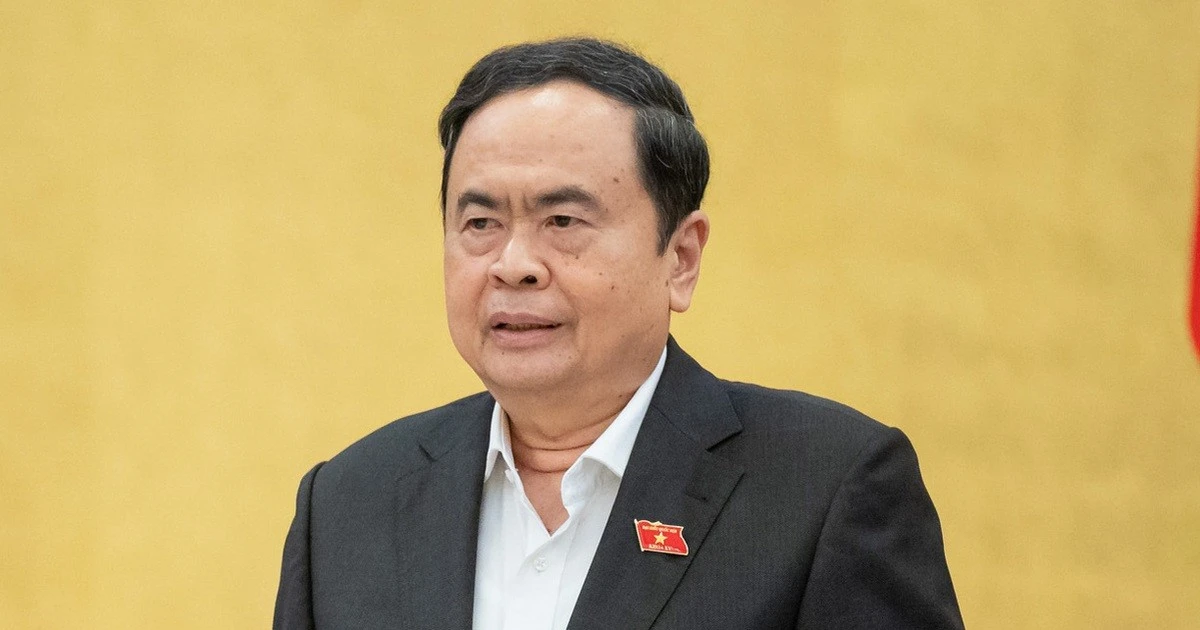















Comment (0)